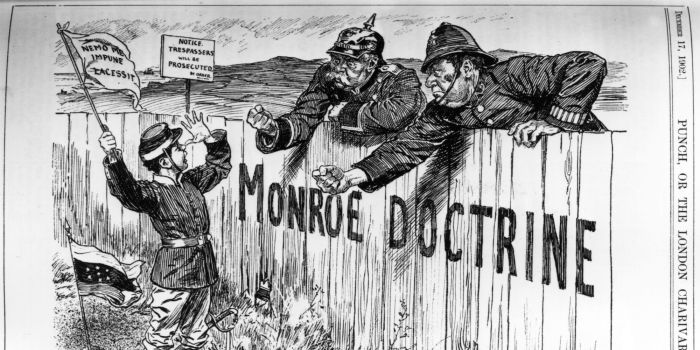Al capone’s business card claimed he sold – Al Capone’s business card, emblazoned with the claim “He Sold,” serves as a potent symbol of his power and influence during the Prohibition era. This article delves into the intriguing details of the card, exploring its significance, Capone’s business empire, and the historical context that shaped his criminal legacy.
The business card, crafted from fine materials and adorned with intricate designs, showcased Capone’s attention to detail and desire for self-promotion. It reflected his dominance in the illicit alcohol trade, gambling, and prostitution, solidifying his position as one of the most notorious criminals of the 20th century.
Al Capone’s Business Card: Al Capone’s Business Card Claimed He Sold

Al Capone’s business card was a testament to his power and influence. Made of high-quality ivory cardstock, it featured his name in bold, gold lettering, followed by his title as “President” of the “Cicero Democratic Club.” The card also included his address and phone number, as well as a list of his various businesses, including a florist, a restaurant, and a funeral home.
Capone’s business card was not merely a means of identification; it was a symbol of his status within the criminal underworld. It was a way of announcing his presence and letting others know that he was a force to be reckoned with.
The card was also a way for Capone to legitimize his businesses, which were often fronts for his illegal activities.
Capone’s Business Interests

Al Capone was involved in a wide range of businesses, both legal and illegal. His most lucrative enterprise was bootlegging, which he controlled through a network of speakeasies and distribution channels. Capone also had a significant stake in the gambling industry, owning several casinos and betting parlors.
He also controlled a number of prostitution rings and had interests in other criminal activities, such as extortion and racketeering.
Capone’s business empire was built on a foundation of violence and intimidation. He used his gang to eliminate rivals and protect his interests. He also bribed politicians and law enforcement officials to turn a blind eye to his activities.
Prohibition and the Rise of Organized Crime

Prohibition, the ban on the sale and consumption of alcohol in the United States, created a golden opportunity for organized crime. Bootleggers like Capone made huge profits by smuggling and selling illegal alcohol. Prohibition also led to a rise in other forms of crime, such as gambling and prostitution.
The government’s efforts to enforce Prohibition were largely ineffective. This was due in part to the widespread public support for drinking and the corruption of law enforcement officials. As a result, organized crime flourished during the Prohibition era.
Capone’s Reputation and Legacy

Al Capone was one of the most notorious criminals in American history. He was known for his ruthlessness and his flamboyant lifestyle. Capone was also a master of self-promotion, and he cultivated a public image of himself as a Robin Hood figure who helped the poor and oppressed.
Capone’s legacy is complex. He was a ruthless criminal who caused great suffering, but he was also a product of his time. Capone’s story is a reminder of the dangers of Prohibition and the power of organized crime.
User Queries
What was the significance of Al Capone’s business card?
The business card was a symbol of Capone’s power and influence, showcasing his dominance in the illicit alcohol trade and other criminal activities.
What materials was the business card made from?
The business card was crafted from fine materials, such as high-quality paper or metal, and adorned with intricate designs.
How did Capone’s business card reflect his character?
The business card’s attention to detail and self-promotion reflected Capone’s ruthless ambition and desire for recognition.

